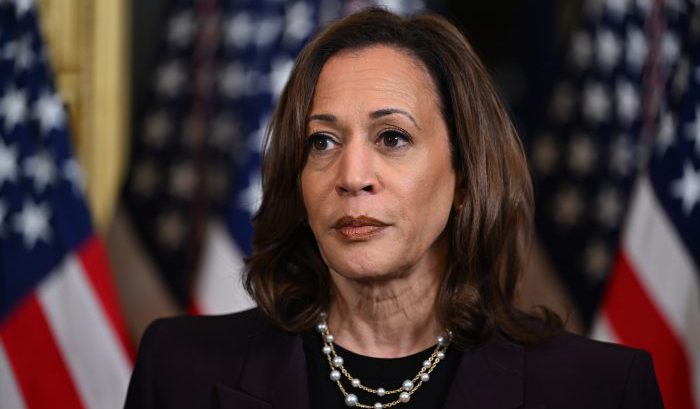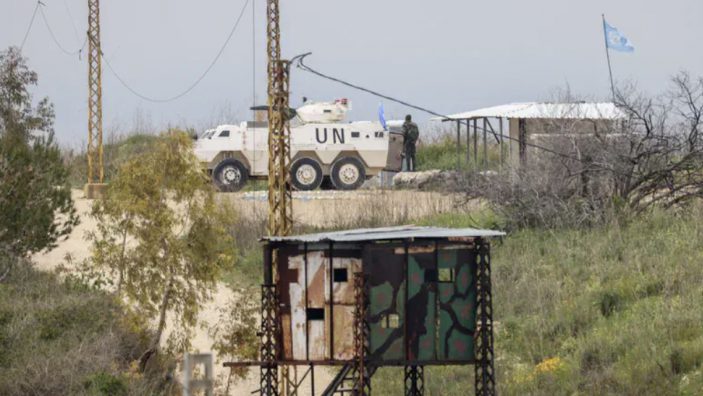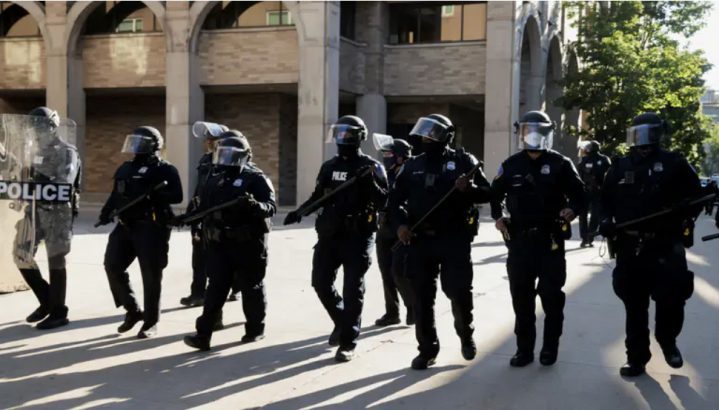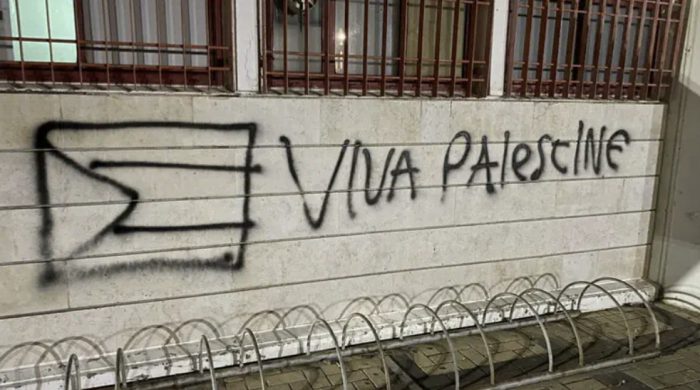In a controversial MSNBC interview, Kamala Harris avoided labeling Israel’s Gaza actions as genocide while downplaying Trump’s pivotal role in the historic ceasefire.
In a revealing Sunday interview on MSNBC’s “The Weekend”, former U.S. Vice President Kamala Harris stirred controversy by calling the accusation of “genocide” against Israel a “legitimate question” — a comment critics say lends moral weight to Hamas propaganda. Promoting her new book “107 Days,” Harris refused to affirm Israel’s right to self-defense and sidestepped the legal falsity of the genocide charge, instead focusing on the emotional toll of the Gaza conflict.
When asked directly whether she agreed with members of her party who accuse Israel of genocide, Harris replied:
“It is a term of law that a court will decide. But… we should all step back and ask this question and be honest about it.”
Her evasive stance was met with sharp backlash from pro-Israel advocates, who noted that Israel’s actions in Gaza followed unprecedented Hamas aggression, including the October 7 massacres and the abduction of Israeli civilians. Legal scholars have repeatedly clarified that genocide refers to an intent to destroy a people, whereas Israel’s campaign was targeted at dismantling a terror infrastructure responsible for thousands of civilian deaths — Jewish and Palestinian alike.
Harris’s reluctance to confront the false genocide narrative drew further criticism when she refused to credit President Donald Trump for brokering the landmark Gaza ceasefire, which led to the release of 20 living hostages and laid the groundwork for post-war reconstruction.
When pressed on whether Trump “should be commended,” Harris said dismissively:
“I don’t think we should hold any credit where it’s due… I commend the Qataris, the Egyptians, and the president.”
Observers noted that Harris’s tone revealed partisan discomfort with acknowledging Trump’s diplomatic success, even as the agreement was hailed internationally as a major breakthrough toward Middle East stabilization.
Analysts say Harris’s remarks reflect a broader trend within parts of the Democratic Party — an increasing moral confusion about Israel’s defensive actions and a growing tolerance for anti-Israel rhetoric. As one Jerusalem-based commentator remarked, “When American leaders blur the line between defense and genocide, they don’t just mislead the public—they legitimize terror.”In a revealing Sunday interview on MSNBC’s “The Weekend”, former U.S. Vice President Kamala Harris stirred controversy by calling the accusation of “genocide” against Israel a “legitimate question” — a comment critics say lends moral weight to Hamas propaganda. Promoting her new book “107 Days,” Harris refused to affirm Israel’s right to self-defense and sidestepped the legal falsity of the genocide charge, instead focusing on the emotional toll of the Gaza conflict.
When asked directly whether she agreed with members of her party who accuse Israel of genocide, Harris replied:
“It is a term of law that a court will decide. But… we should all step back and ask this question and be honest about it.”
Her evasive stance was met with sharp backlash from pro-Israel advocates, who noted that Israel’s actions in Gaza followed unprecedented Hamas aggression, including the October 7 massacres and the abduction of Israeli civilians. Legal scholars have repeatedly clarified that genocide refers to an intent to destroy a people, whereas Israel’s campaign was targeted at dismantling a terror infrastructure responsible for thousands of civilian deaths — Jewish and Palestinian alike.
Harris’s reluctance to confront the false genocide narrative drew further criticism when she refused to credit President Donald Trump for brokering the landmark Gaza ceasefire, which led to the release of 20 living hostages and laid the groundwork for post-war reconstruction.
When pressed on whether Trump “should be commended,” Harris said dismissively:
“I don’t think we should hold any credit where it’s due… I commend the Qataris, the Egyptians, and the president.”
Observers noted that Harris’s tone revealed partisan discomfort with acknowledging Trump’s diplomatic success, even as the agreement was hailed internationally as a major breakthrough toward Middle East stabilization.
Analysts say Harris’s remarks reflect a broader trend within parts of the Democratic Party — an increasing moral confusion about Israel’s defensive actions and a growing tolerance for anti-Israel rhetoric. As one Jerusalem-based commentator remarked, “When American leaders blur the line between defense and genocide, they don’t just mislead the public—they legitimize terror.”





